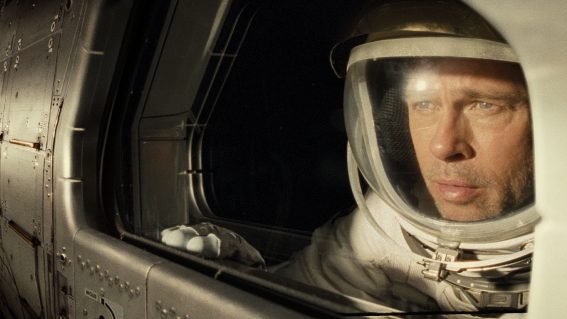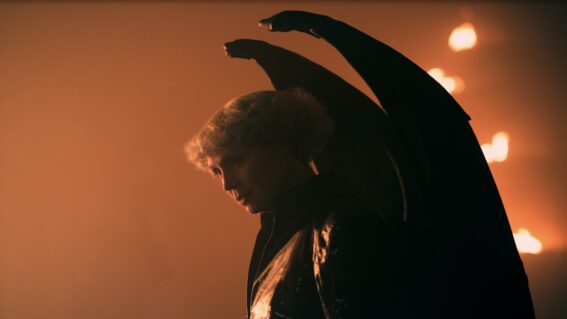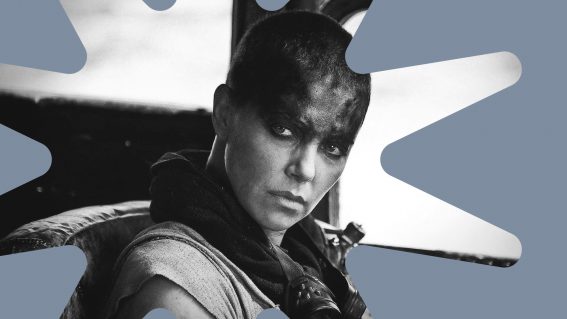Prime Video’s spy epic goes retro with Citadel: Honey Bunny
Subcontinental spy thrills, with propulsive action set in Bombay, India.
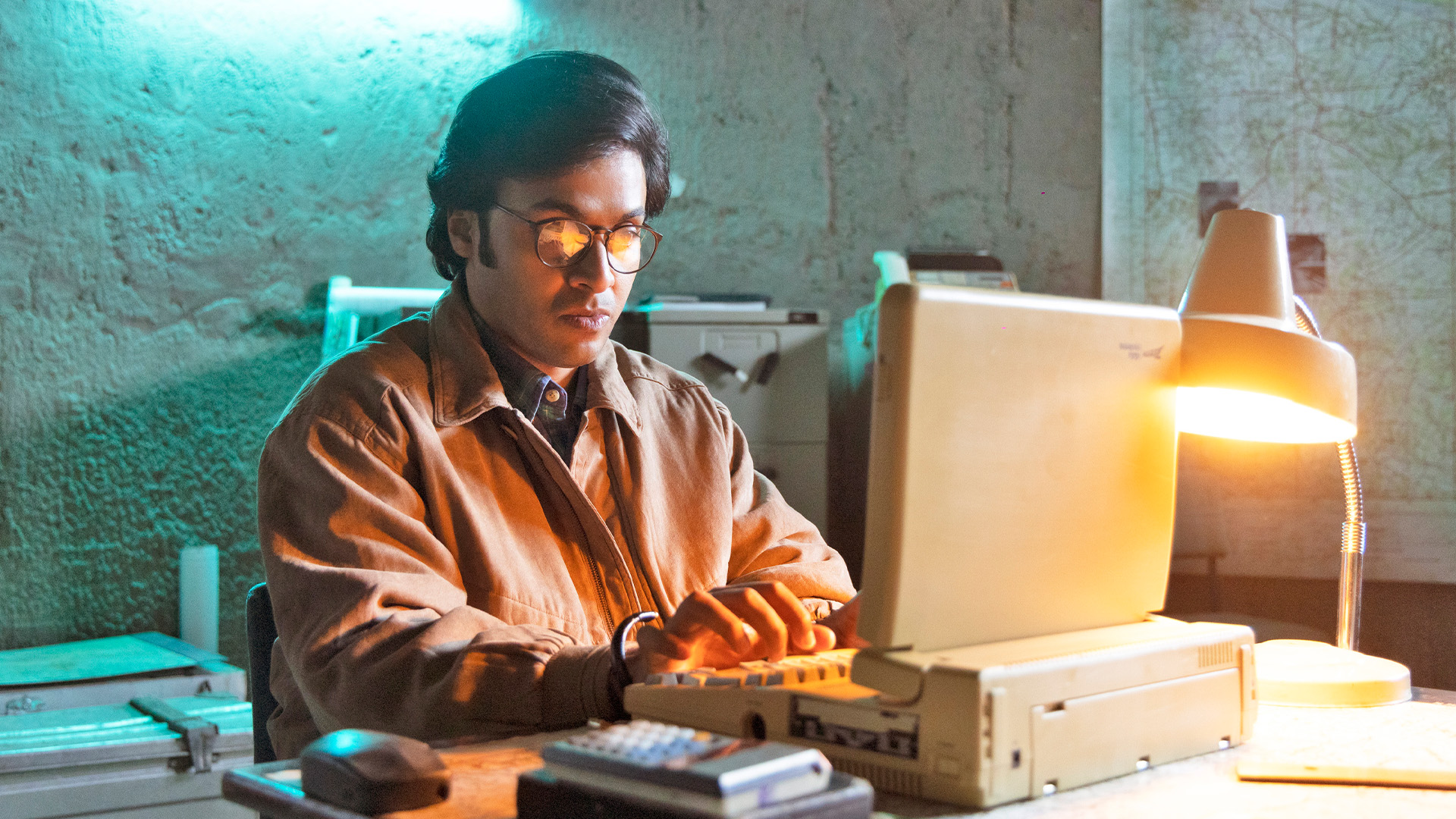

The latest spy action is upon us in Citadel: Honey Bunny – streaming now on Prime Video. Travis Johnson follows the espionage action to India in this second expansion of the… Citadeliverse?
Citadel, Prime Video’s ambitious, globe-spanning spy-fi franchise, is proving to be an impressively flexible playground for its various agents, turncoats, moles, and masterminds to run around in—at least judging by its first two spin-offs.
Citadel: Diana, released earlier this year, is futuristic, set in the year 2030 and littered with little technological marvels and doodads. By contrast, Citadel: Honey Bunny, available to stream now, is definitively and defiantly retro, taking place at the turn of the century (I’m using that term just to make Gen X readers feel old). And while Diana is continental, in that it sets its scene in Milan, Italy, and is infused with a kind of sleek Euro-chic cool common to European thrillers, Honey Bunny is subcontinental, its propulsive action taking place against the backdrop of Bombay, India.
Never fear, the series soon has us bouncing around from Bombay to Bucharest to Nainital, but its beating heart is unabashedly Indian, and the choice to use local creators to handle Citadel‘s international spin-offs has proved to be a canny one that ensures that settings that might have been reduced to mere exotic backdrops for the action are infused with the flavour of their own culture.
In this case, the creative team are Raj Nidimoru and Krishna D.K., collectively known as Raj & DK, the guys behind Netflix’s ripping crime comedy Guns & Gulaabs and Prime Video series The Family Man, a kind of Hindi-language riff on True Lies. Here, along with screenwriter and series developer Sita R. Menon, they bring us the tale of aspiring actress Honey (Samantha Ruth Prabhu, who also starred for Raj & DK in The Family Man) and stuntman/spy Bunny (Bollywood star Varun Dhawan), aka Rahir Gambhir, who brings her into his shadowy world.

But when we first meet Honey in the year 2000, she’s an everyday wife and mother, although a few things clue us into some hidden depths—mainly how she’s drilled her young daughter, Nadia (newcomer Kashvi Majmundar) how to handle herself in an emergency, including code words and pre-arranged rendezvous points should things go sideways.
They do, of course, and from there we flash back to 1992 when Honey, having just blown yet another audition in the cutthroat world of Bombay film, agrees to help the charming Bunny in what turns out to be a high stakes con targeting a dangerous criminal. Once again things go wrong (one of the keys to spy thrillers in understanding that missions that go perfectly are never as interesting), and we are off and running, as Bunny battles to protect her daughter and figure out who’s targeting her, while we bounce between timeframes to learn How We Got Here.

Which is all a lot of fun—the action is fast and frenetic, the sense of place is palpable, and Dhawan and Prabhu make for a stunningly charismatic pairing—but what does it all have to do with Citadel?
Well, Bunny’s daughter, Nadia, grows up to be Priyanka Chopra Jonas’ Nadia Sinh, Citadel‘s co-lead, who also finds herself abandoning her civilian life and going on the run—time is a flat circle. That makes Honey Bunny not just a world-expanding spin-off but a direct prequel, giving us some insight into Nadia’s formative years (and given how chaotic they are, it’s no wonder she’s so formidable in the core series).

There are other connections and clues that are more fun for the audience to discover for themselves. The presence of Citadel, the titular international espionage organisation, and Manticore, their Hydra-like evil opposite, is kept muted, at least for the first few episodes. However, we do get two local rival spy/criminal organisations (the line, as ever, is blurry)—one headed by Bunny’s mentor, Baba (Kay Kay Menon), who recruited him out of an orphanage as a child, plus another more shadowy outfit headed by the steely and driven Zooni (Simran Bagga). Of course they’ll connect back to the franchise’s main organisations somehow, but for now it’s left to us to piece it together.
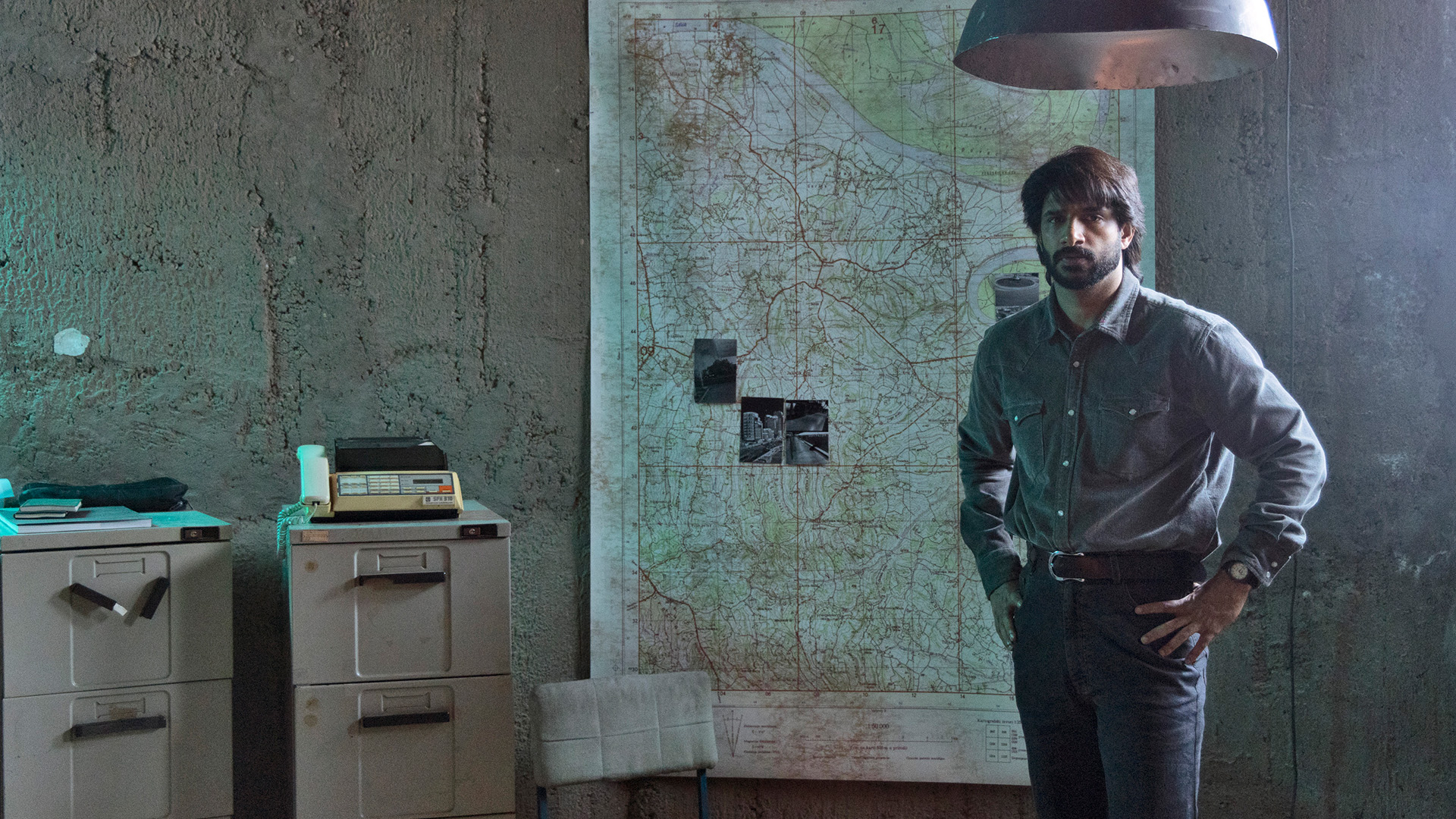
Much like how Citadel: Diana draws on European crime tropes to depict Manticore as a coterie of fractious crime families, Honey Bunny looks to Indian crime films, as well as real history, to depict Bombay’s clandestine world. It’s more downbeat and lowkey—we don’t get high tech hidden lairs and supercomputers here, but rather furtive meetings in anonymous rooms, and human intelligence more than electronic surveillance.
We also get a hell of a lot of high-octane action—Honey Bunny is definitely more fun and pulpy than its predecessors, stylish in a very OTT, occasionally John Woo-inspired, ’90s fashion. There’s a fun bit of business in the first episode where we meet Bunny as he’s performing a ridiculous ride ‘n’ shoot motorcycle stunt on a film set; later we get the “real” version, as he and honey are pursued by a gang of bike-rising henchmen. There’s a kind of metatextual awareness going on here—this is a show that knows it’s a show, but carefully steers clear of self-parody. It might wink at us occasionally, but it never nudges us in the ribs.
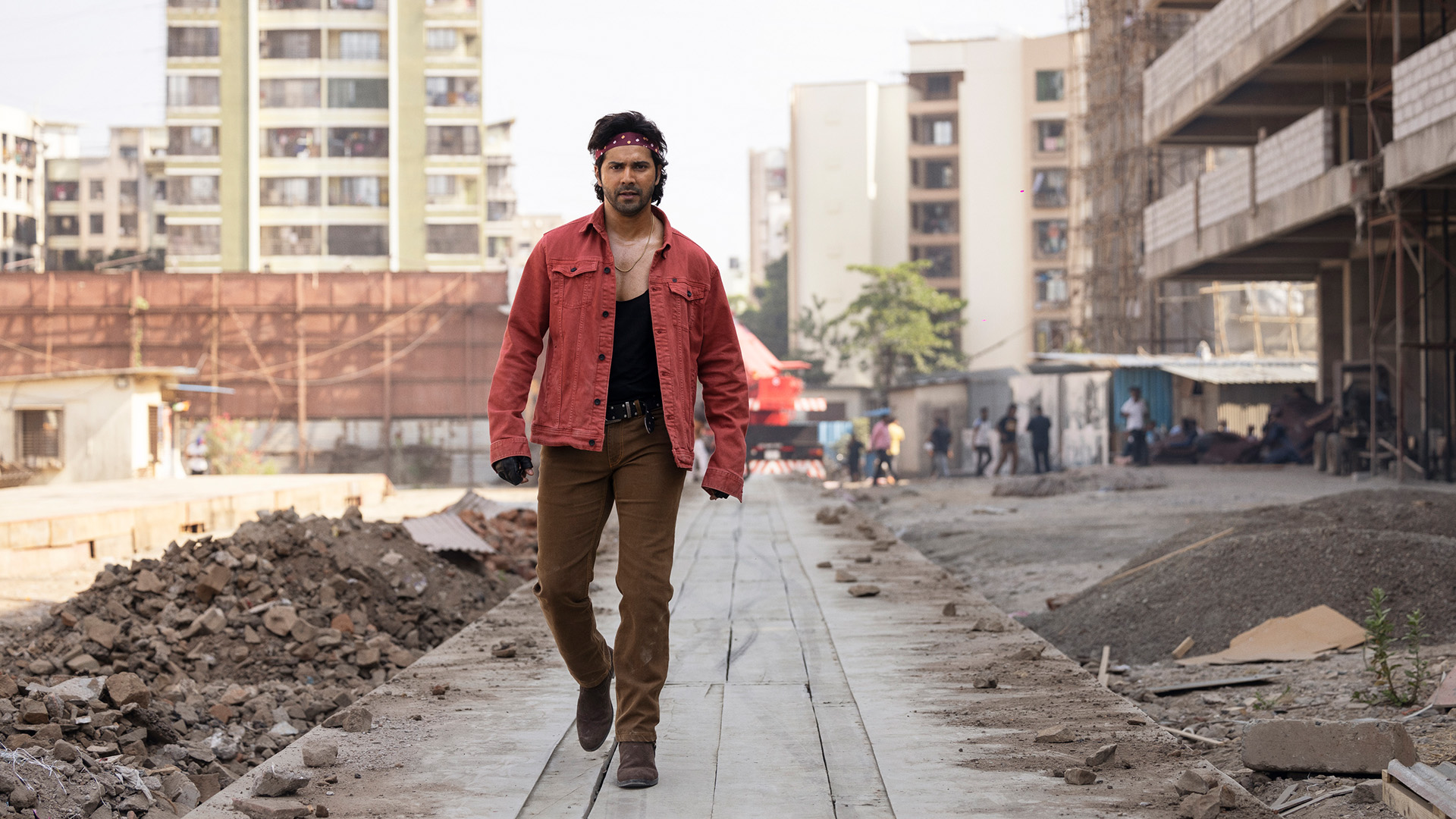
After a slightly shaky start with Citadel, Honey Bunny, along with Diana, confirms that the franchise has legs, and it seems the variety of spy-fi action we might expect in the future is effectively endless. This is a taut, fun, frenetic thriller that is never bogged down by its mandatory connective tissue and, if you’ve slept on Citadel, a perfect jumping-on point.






